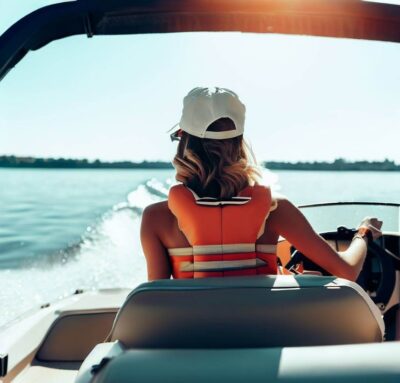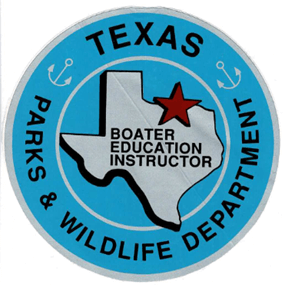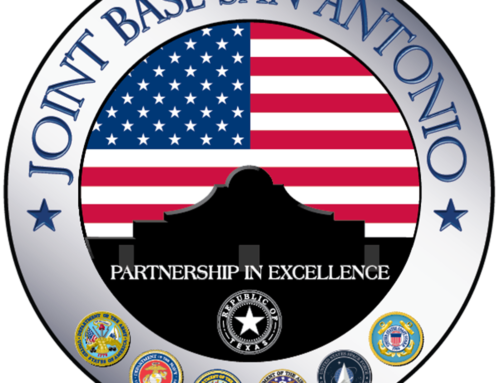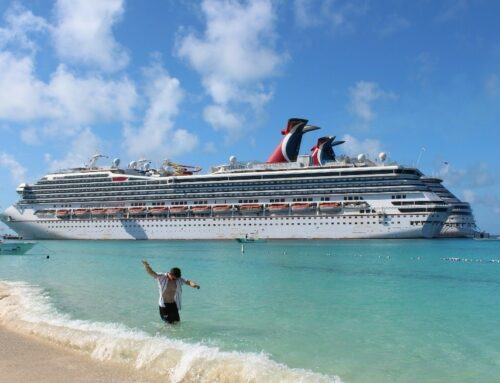It’s National Safe Boating Week!
Boater Safety: How to Stay Safe on the Water
 Boating is a fun and relaxing activity that millions of Americans enjoy every year. However, boating also comes with some risks and responsibilities that every boater should be aware of. According to the U.S. Coast Guard (USCG), in 2022, there were 4,040 boating incidents that resulted in 636 deaths, 2,641 injuries and about $63 million in property damage. Many of these accidents could have been prevented by following some simple boating safety tips and rules.
Boating is a fun and relaxing activity that millions of Americans enjoy every year. However, boating also comes with some risks and responsibilities that every boater should be aware of. According to the U.S. Coast Guard (USCG), in 2022, there were 4,040 boating incidents that resulted in 636 deaths, 2,641 injuries and about $63 million in property damage. Many of these accidents could have been prevented by following some simple boating safety tips and rules.
Here are our recommendations:
Wear a Life Jacket
One of the most important boating safety rules is to always wear a life jacket when on or near the water. Life jackets can save your life if you fall overboard, become unconscious or injured, or encounter rough water conditions. The U.S. Coast Guard reports that 75% of boating deaths in 2022 were due to drowning, and 85% of these victims were not wearing a life jacket.
Life jackets come in different types and sizes, for different activities and people. You should choose a life jacket that is U.S. Coast Guard approved, fits properly, and is suitable for the type of boating you are doing. For example, inflatable life jackets are not recommended for children under 16, non-swimmers, or high-impact activities. You also should check your life jacket regularly for wear and tear, and replace it if necessary.
Take a Boater Safety Course
Another way to improve your boating safety is to take a Boater Safety Course which covers the basics of boat operation, navigation, laws, and emergency procedures. Boater safety courses are offered by various organizations, such as the National Association of Boating Law Administrators (NASBLA), the U.S. Coast Guard Auxiliary (USCGA), and the U.S. Power Squadrons. Some states, including Texas, also require boaters to complete a boater safety course before they can operate a boat or personal watercraft on state waters.
Taking a boater safety course can help you learn how to avoid common boating mistakes, such as speeding, overloading, colliding, or capsizing. It also can help you understand the “Rules of the Road” for boating, which are the international and inland navigation rules that govern how vessels should interact with each other on the water. Following these rules will reduce the risk of accidents and conflicts with other boaters.
Be Prepared and Plan Ahead
Before you head out on the water, you should make sure that your boat and equipment are in good working order, and that you have everything you need for a safe and enjoyable trip. Some of the items you should have on board include:
- A tool kit and a first-aid kit
- A fire extinguisher and a whistle or horn
- A radio or cell phone for communication
- A compass or GPS for navigation
- A flashlight or flares for signaling
- An anchor and a rope (rode) for mooring
- Extra fuel and water
- Proper Food and clothing
If you want to be thorough, request a Vessel Safety Check from the USCGA. A vessel safety check (or VSC for short) is a free, voluntary, and confidential inspection service that can help you make sure that your vessel is in tip-top shape, and that you have all the gear and know-how to boat safely.
You also should check the weather forecast and water conditions before you go and avoid boating in bad weather or rough water. You should file a “float plan” with someone you trust, which is a document that details your trip itinerary, boat description, passenger list, and emergency contacts. A float plan can help rescuers locate you in case of an emergency.
Exercise Good Judgment
Finally, you should always exercise good judgment when boating and respect your own limits and abilities. You should never boat under the influence of alcohol or drugs, as they can impair your judgment, vision, balance, and coordination. You also should avoid distractions such as texting or playing loud music while operating a boat. You should be courteous and respectful to other boaters, and follow the local boating laws and regulations.
Boating safety is not only a matter of law, but also a matter of common sense. By following these boating safety tips and rules, you can ensure that your boating experience is both safe and fun.
 We at the Herd Law Firm are proud to fight for maritime workers and passengers in all types of personal injury claims, and never waver in our commitment to help these maritime workers and their families when they are injured.
We at the Herd Law Firm are proud to fight for maritime workers and passengers in all types of personal injury claims, and never waver in our commitment to help these maritime workers and their families when they are injured.
Charles Herd is a Texas Department of Parks and Wildlife-certified Boater Safety Instructor as well!
5/19/2023
References:







